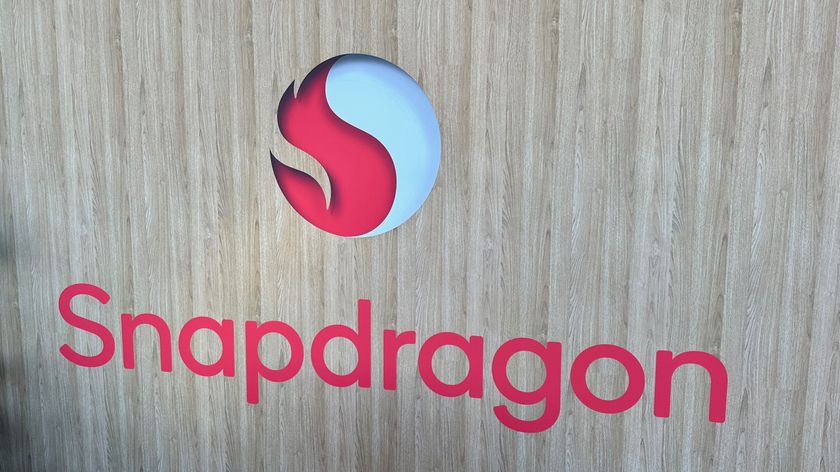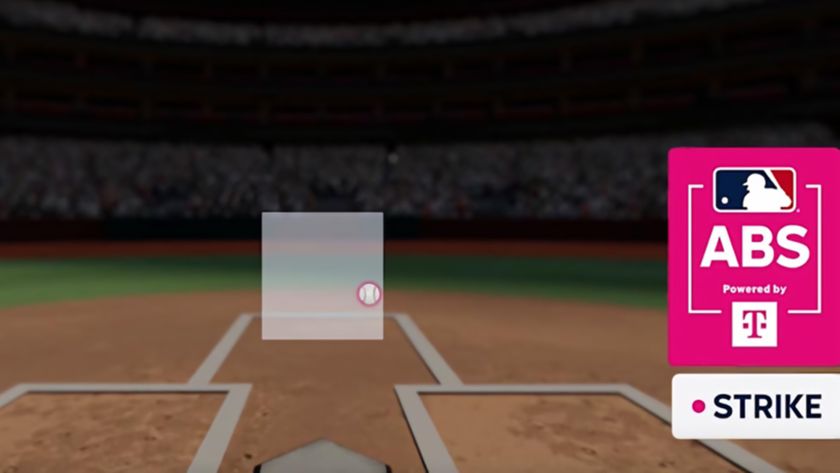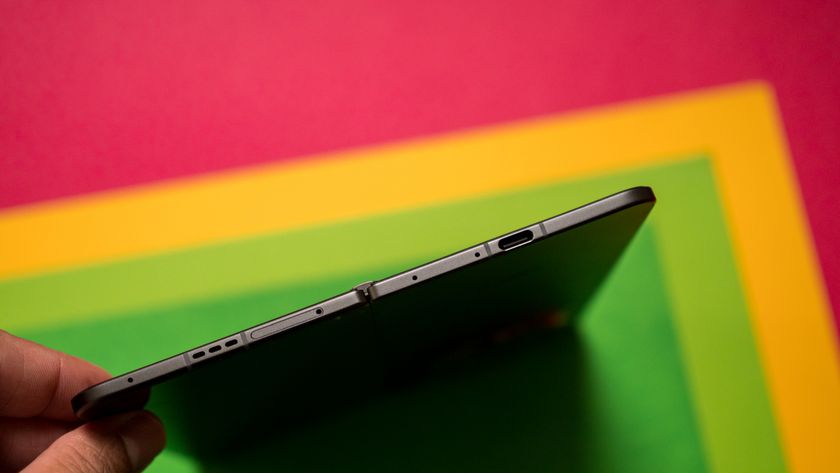The CES comedown and the coming onslaught
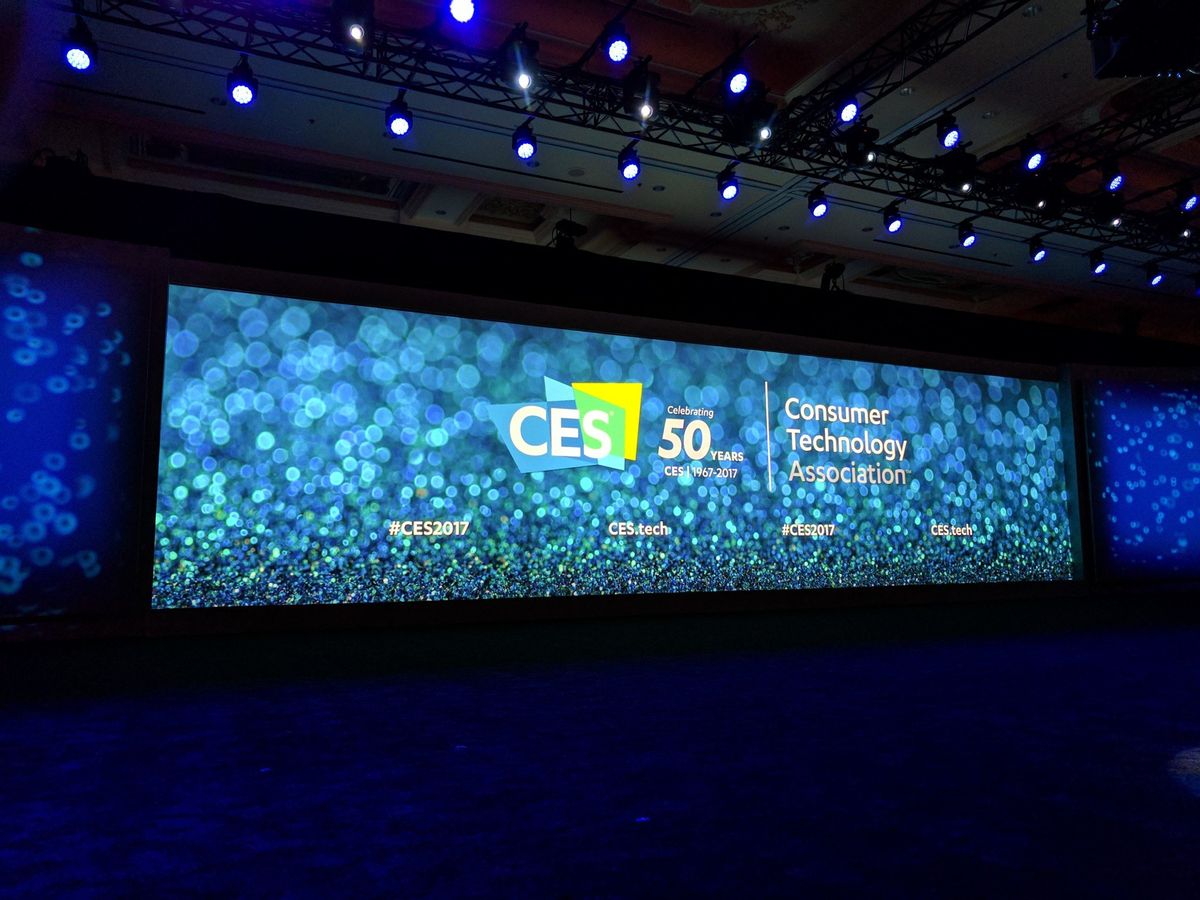
I didn't attend Las Vegas this year, but having to oversee CES coverage from the same seat that I regularly do my job gave me a top-down perspective on how alternately tenuous and vacuous the whole thing seems.
Some years, a particular trend stood out — 3D, or curved, or the reclaimed vestiges of old operating systems — but in 2017, what emerged was a pervasive vagueness.
From the outside, Alexa seems to have stolen the show: without an official presence from Amazon, the nascent AI platform was everywhere, buoyed by the fact that the Seattle giant has made it incredibly easy — Netflix easy — to add near-cognition to a refrigerator or slow-moving buddy robot.
Alexa's ubiquity also speaks to the fact that, as with the early days of iOS and Android, gadgets and their creators have a very difficult time living in a vacuum, and the advantages to a box that advertises Alexa is just as important as having it in the product itself.
I'm intrigued — fascinated, even — with the prospect of using Android apps on Chrome OS.
From an Android Central perspective, we saw the announcement of two fantastic-looking and potentially disruptive Chromebooks, at least one of which will be making it into my office in the next few weeks. I'm intrigued — fascinated, even — with the prospect of using Android apps on Chrome OS, especially on hardware like the Samsung Chromebook Pro that was specifically designed for such purposes.
And then there was the surprise expansion of Google Assistant into none other than the updated NVIDIA Shield, which marks the first time Google's own AI has extended beyond the company's own hardware. Google has a vested interest in catching up to Alexa as quickly as possible, as all it has to do is mirror Amazon's strategy: because there is no UI to speak of outside the generalized voice interface people are increasingly growing accustomed to, Google can and should give Assistant away to as many people as possible through myriad hardware and software partners since it alone controls the cloud backend.
Google has a vested interest in catching up to Alexa as quickly as possible.
Finally, the Huawei Mate 9 made its U.S. debut, and having used it for nearly two months I have to say I'm excited to see what the Chinese giant can achieve. Without carrier support the Mate 9 won't sell in quantity, but this is the company's first true salvo into the world's most important handset market.
Be an expert in 5 minutes
Get the latest news from Android Central, your trusted companion in the world of Android
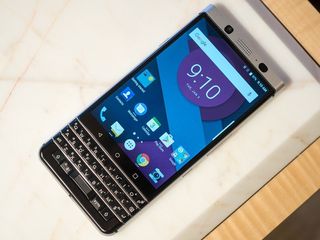
Other wins:
- The TCL-built BlackBerry 'Mercury' looks intriguing, and I have to admit to a fair amount of nostalgia-driven interest, but the prospect of reverting back to typing on a physical keyboard for an extended period of time interests me as much as returning to ink-and-paper for note-taking. That is, there is an inherent fascination in finding that analog person I left behind half a decade ago, but it's not so strong as to upend my workflow which is, even on a touchscreen keyboard, far more efficient.
- Google Assistant aside, I'm really excited to give the new NVIDIA Shield a try, even if I don't have a 4K TV. More and more, though, I'm finding reasons to upgrade.
- The ASUS ZenFone 3 Zoom is a phone I could get behind if I didn't know exactly what kind of software disappointment I was in for. But I do, so I'm preemptively walking away.
- The Snapdragon 835 is, geek speak aside, one of the most important announcements of the year. Moving to a 10nm process alone is cause for celebration, especially as Intel continues to falter in the x86 department.
- On the Windows side, Razer's Project Ariana is one of the most tenacious and unique enterprises I've seen in years, and I really hope the company makes it happen.
Thanks for following along on our CES 2017 adventure. The year is new, but I think it was a great start, and I can't wait to share what we have in store in the coming months!
-Daniel
Daniel Bader was a former Android Central Editor-in-Chief and Executive Editor for iMore and Windows Central.

